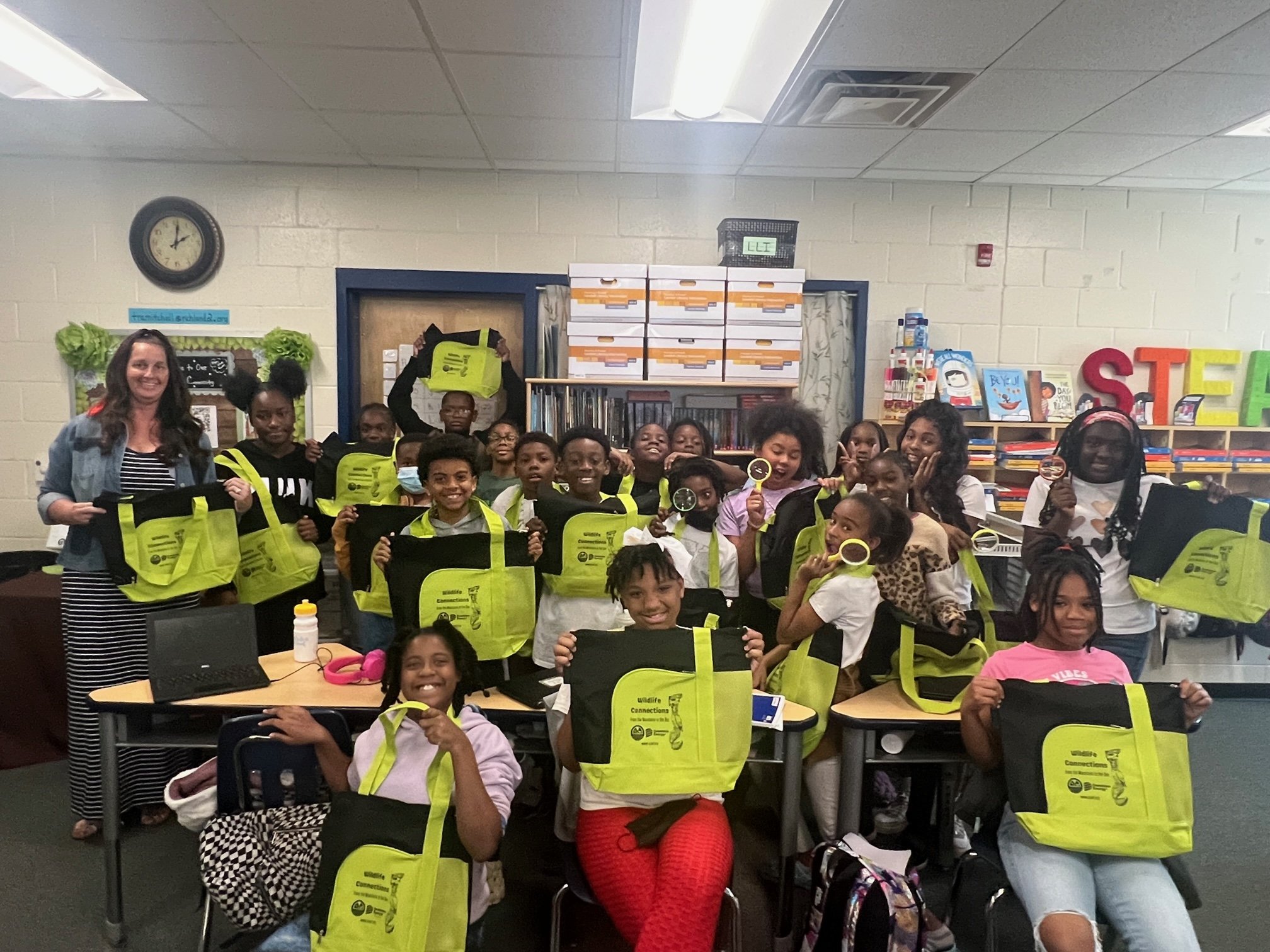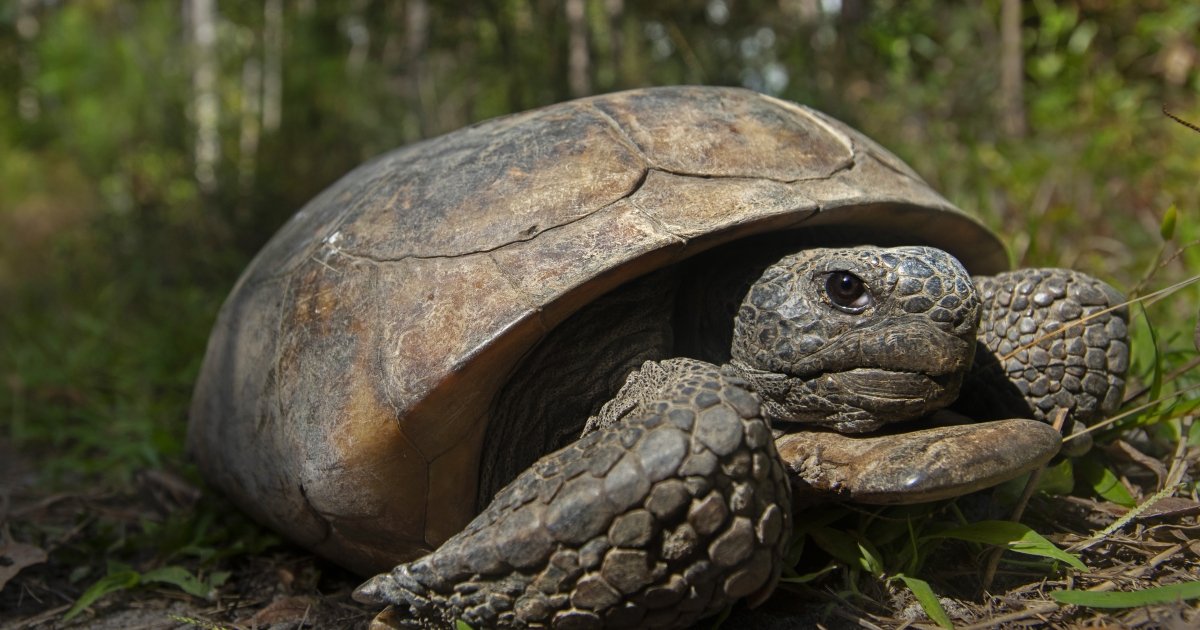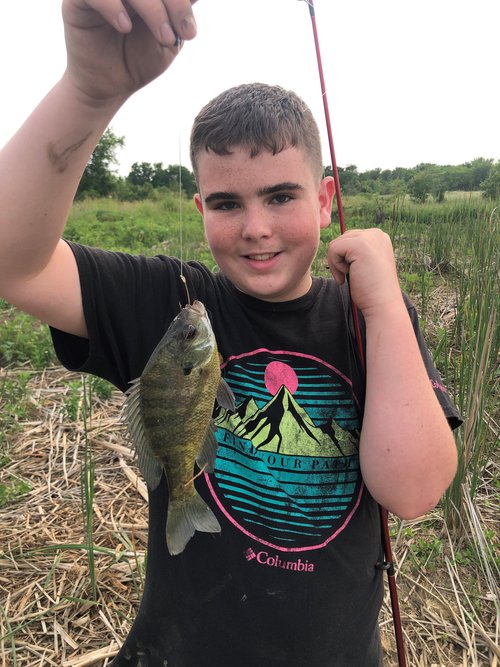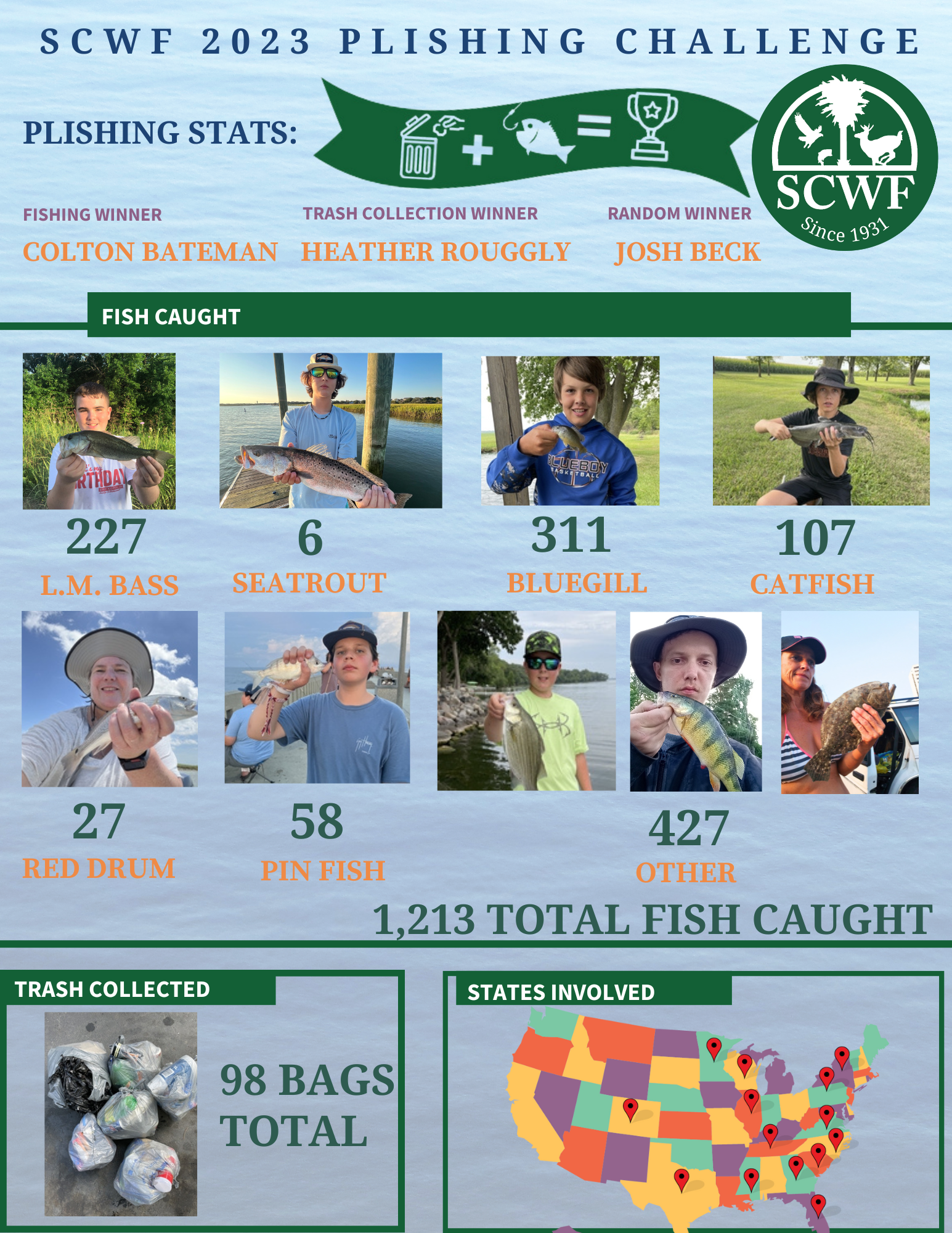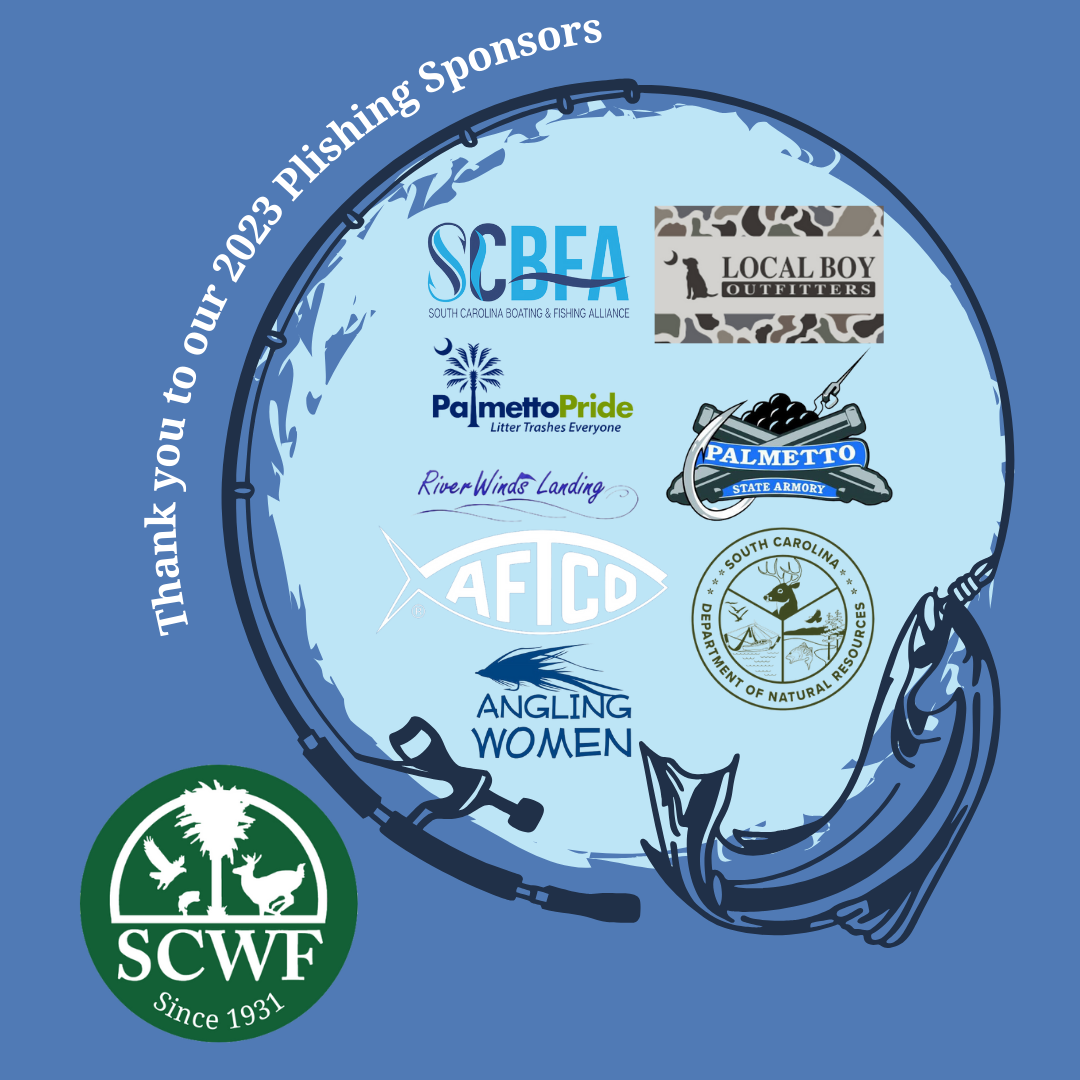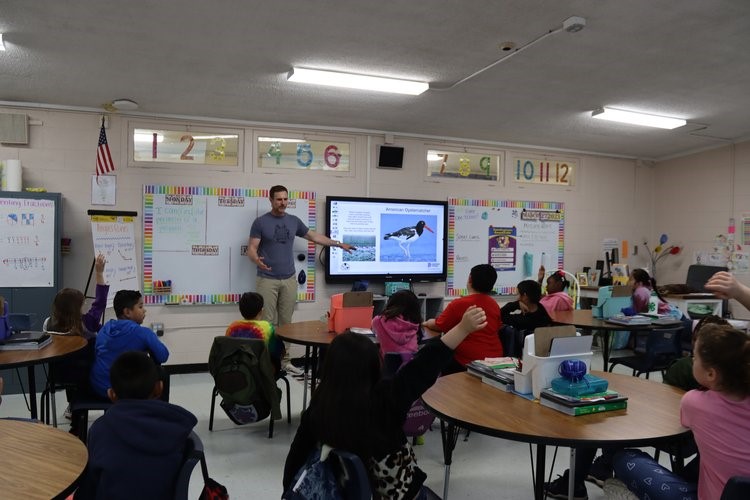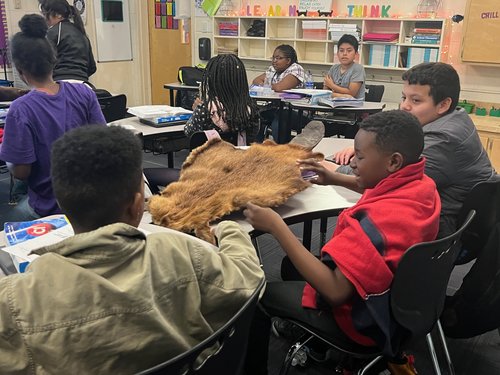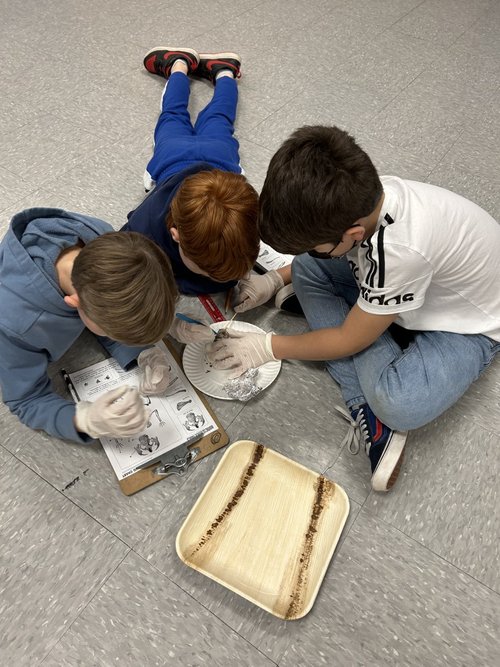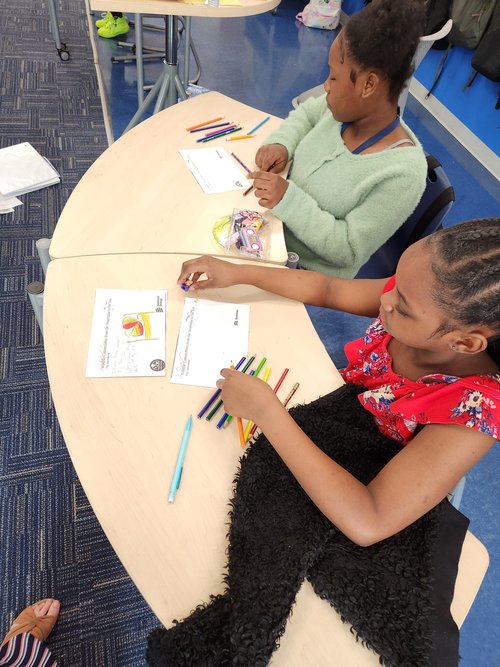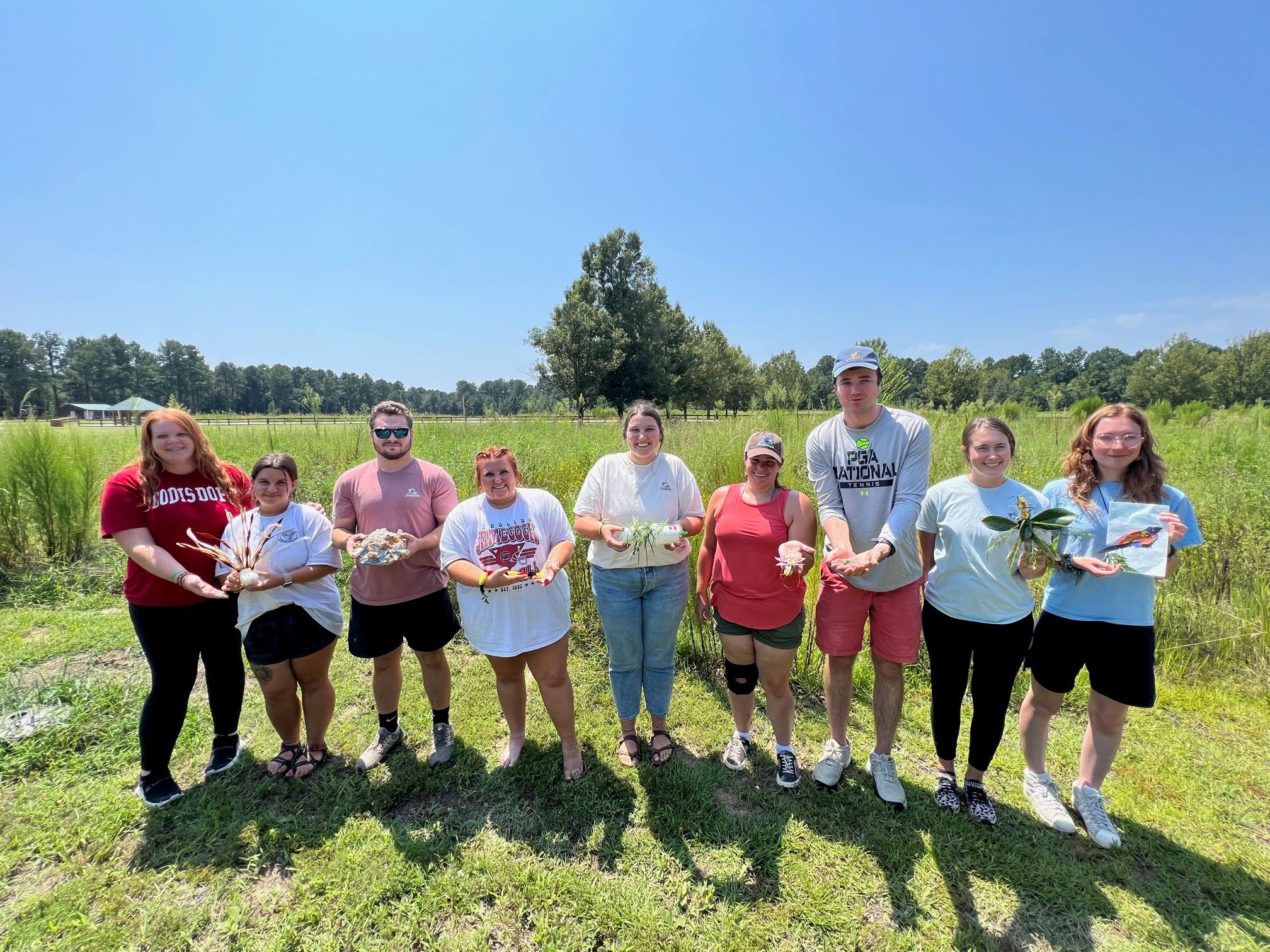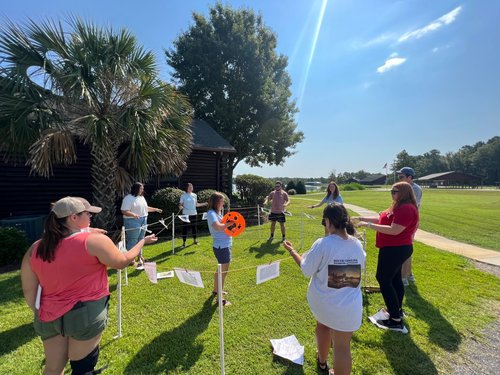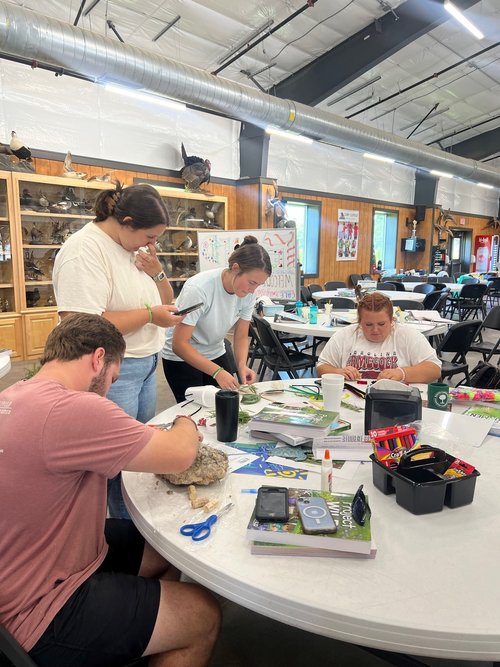The first year of “Wildlife Connections from the Mountains to the Sea” program was a success! This unique science-based curriculum, developed by SCWF staff, teaches students how wildlife is intricately linked to their habitats and how South Carolina’s habitats are connected. Students were engaged through hands-on activities, class visits from SCWF education staff, and received take-home materials to encourage outdoor exploration.
We are grateful to the ten upper elementary teachers from Title One schools who participated in this pilot program for the 2022-2023 academic year and to Dominion Energy for their financial support. Teachers around the state applied to participate in this program and applicants were selected based on need and geographic location. Once selected, the teachers attended a virtual meeting with SCWF education staff to introduce them to the kits they would receive, help them understand the activities, and learn what to expect from the program.
The kits that the teachers received contain three hands-on activities for every student related to owls, oysters, and fish, that align with the upper elementary science standards. After the kits were completed by the class, a SCWF education staff member visited the class and made a presentation tying together the lessons learned from these activities.
Students at Whitmire Community School were enthralled by the owl pellet dissection activity. Each student received their own owl pellet to disect.
Students were also provided take-home items including a certificate of completion, multiple field guides, a magnifying glass, reusable zippered tote bags, and other items to encourage outdoor exploration and to inspire them to become future conservationists.
The Fashion a Fish activity, which ties in with the science standards, teaches students about fish adaptations and also allows for creativity.
Please contact BeBe Dalton Harrison, SCWF’s Director of Education, if you would like to apply to be a part of this program in the future. You can email her at mail@scwf.org or call the office at 803-256-0670.
SCWF is able to offer this program completely free of charge thanks to the support of Dominion Energy. Thank you again to the teachers and schools who participated in this year’s program! We look forward to incorporating their feedback as we grow the program.
- Ashley Williams, Bridge Creek Elementary School
- Tracy Mitchell, Killian Elementary School
- J’Nai Whitehead, Jackson Creek Elementary School
- Michelle Hawkins, Pontiac Elementary School
- Susan Lester, Gallman Elementary School
- Huger Caughman, Boundary Street Elementary School
- Morgan Rhoney, Saluda Elementary School
- Sabrina Martin, Whitmire Community School
- Sarah Hobert, Lonnie B. Nelson Elementary School
- Latonya Hall-Gibson, Conder Elementary School
